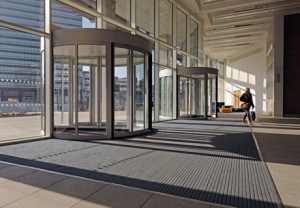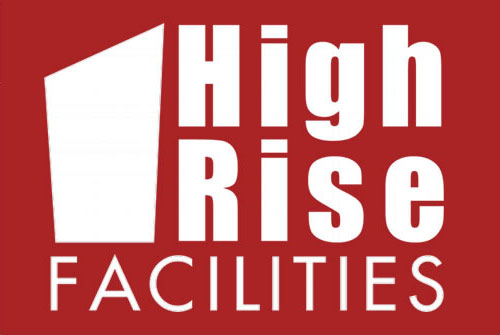While entry and floor mats provide facilities with many benefits, care is required to make sure they are working properly, promoting safety, and protecting the indoor environment.
 Here are some mat guidelines provided by Crown Mats and Matting, the oldest and one of the largest manufacturers of mats in the world:
Here are some mat guidelines provided by Crown Mats and Matting, the oldest and one of the largest manufacturers of mats in the world:
Placement: Mats must be placed where they are most needed. In some cases that will be at building entries; in other situations that may be within the facility. Mats in building entries must fit flush against the entry.
System: Entry mats are typically part of a system of three different mat types: scraper, wiper/scraper, and wiper mats. They work together to keep moisture and soil from entering a facility.
Edges: Mats should be tapered so that they lay flat and allow for a smooth transition to the next mat or floor covering; this helps prevent slips, trips, or falls.
Weight: Less expensive or rental mats tend to be light and typically are not as effective as heavier mats that have been purchased. Heavier mats are recommended because they are more stable, lay flat, and are more effective.
Size: The “Rule of 15” says 15 feet of matting should be installed at all building entries (5 feet each of scraper, wiper/scraper, and wiper mats).
Cleaning and Care: Mats should be vacuumed regularly and inspected for damage; during inclement weather, they should be stored indoors so they do not become saturated. Soiled mats should be cleaned with a carpet extractor.
Storage: Mats should be stored flat; rolling up or folding a mat can damage the backing and cause it to buckle or the edges to become raised.
“If mats do have to be brought in during inclement weather, re-install them in building lobbies if possible,” says Dennis Knapp, National Sales Director for Crown Mats and Matting. “This way they can still help remove soil and moisture from shoe bottoms.”

